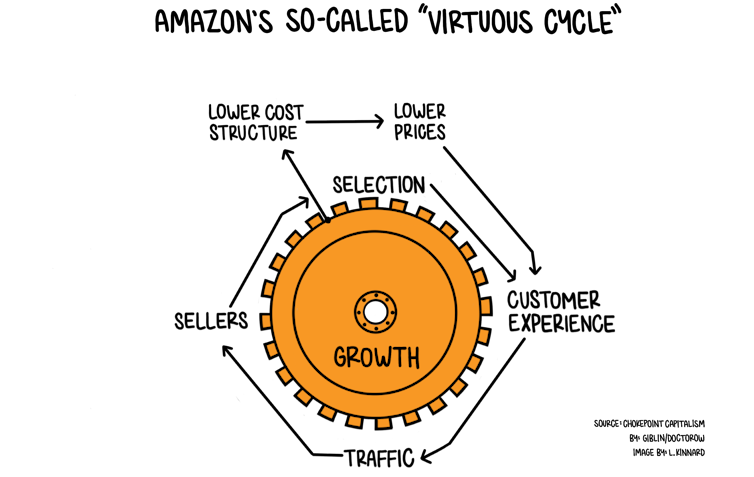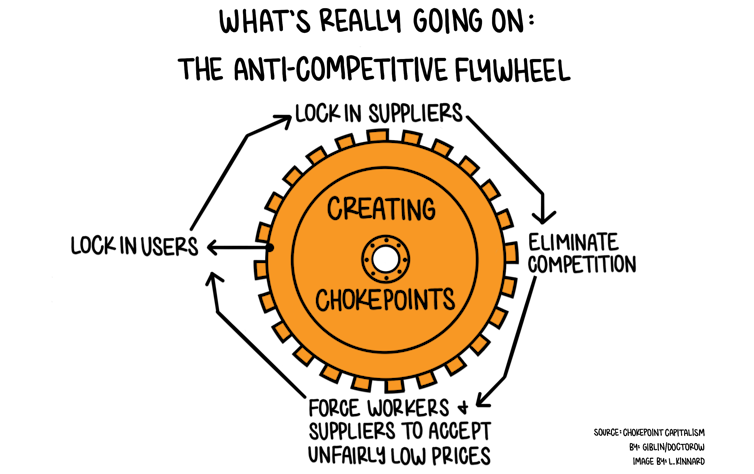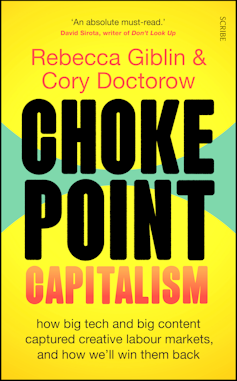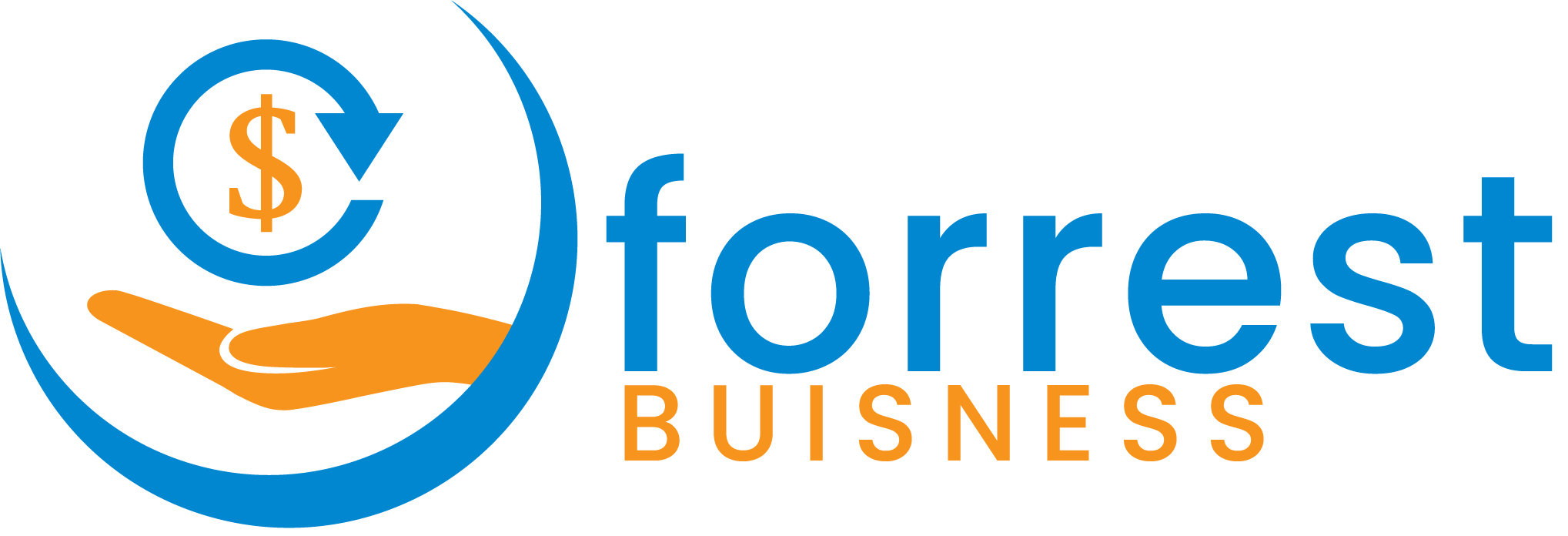In 2020, the unbiased authors and small publishers whose audiobooks attain their readers through Audible’s ACX platform smelled a rat.
Audiobooks had been booming, however gross sales of their very own books – produced at nice expense and well-reviewed – had been plummeting.
A few of their royalty statements reported detrimental gross sales, as readers returned extra books than they purchased. This was exhausting to make sense of, as a result of Audible solely reported web gross sales, refusing to disclose the gross sales and refunds that made them up.
Perth-based author Susan Might puzzled whether or not these returns could be the explanation for her dwindling web gross sales. She pressed Audible to inform her what number of of her gross sales had been being negated by returns, however the firm stonewalled.
Then, in October 2020, a glitch brought on three weeks of returns knowledge to be reported in a single day, and authors found that a whole bunch (and even 1000’s) of their gross sales had been worn out by returns.
All of a sudden, the rip-off got here into focus: the Amazon-owned Audible had been providing an awfully beneficiant returns coverage, encouraging subscribers to return books they’d had on their gadgets for months, even when that they had listened to them the entire approach by way of, even when that they had liked them – no questions requested.
Inspired by the coverage, some subscribers had been treating the service like a library – returning books for recent credit they might swap for brand new ones. Few would have realised that Audible clawed again the royalties from the e-book’s authors each time a e-book was returned.
Good for Amazon, unhealthy for authors
It was good for Amazon – it helped Audible acquire and maintain onto subscribers – however unhealthy for the authors and the performers who created the audiobooks, who barely received paid.
Understanding Amazon’s motivation helps us perceive a phenomenon we name chokepoint capitalism, a contemporary plague on inventive industries and lots of different industries too.
Orthodox economics tells us to not fear about firms dominating markets as a result of that may appeal to rivals, who will put issues again in stability.
However lots of right now’s large firms and billionaire traders have perfected methods to make these supposedly-temporary benefits everlasting.
Warren Buffett salivates over companies with “huge, sustainable moats”. Peter Thiel scoffs that “competitors is for losers”. Enterprise colleges train college students methods to lock in prospects and suppliers and eradicate competitors, to allow them to shake down the individuals who make what they provide and purchase what they promote.
Locking in prospects and creators
Amazon is the poster baby for chokepoint capitalism. It boasts of its “flywheel” – a self-described “virtuous cycle” the place its decrease value results in decrease costs and a greater buyer expertise, which ends up in extra visitors, which ends up in extra sellers, and a greater choice – which additional propels the flywheel.

However the best way the cycle works isn’t virtuous – it’s vicious and anti-competitive.
Amazon overtly admits to doing every little thing it may to lock in its prospects. That’s why Audible encourages e-book returns: its beneficiant supply solely applies to ongoing subscribers. Audible desires the cash from month-to-month subscribers and desires the truth that they’re subscribed to stop them from purchasing elsewhere.
Paying the individuals who truly made the product it sells a fair proportion of earnings isn’t Amazon’s precedence. As a result of Amazon founder Jeff Bezos’ well-known maxim is “your margin is my alternative”, the manager who discovered make authors foot the invoice for retaining subscribers in all probability received a bonus.
One other approach Audible locks prospects in is by making certain the books it sells are protected by digital rights administration (DRM) which suggests they’re encrypted, and may solely be learn by software program with the decryption key.
Amazon claims DRM stops listeners from stealing from creators by pirating their books. However instruments to strip away these locks are freely accessible on-line, and it’s simple for readers who can’t or gained’t pay for books to search out unlawful variations.
Whereas DRM doesn’t forestall infringement, it does forestall competitors.
Startups that wish to problem Audible’s dominance – together with people who would pay pretty – have to steer potential prospects to surrender their Audible titles or to inconveniently preserve separate libraries.
On this approach, legal guidelines that had been meant to guard towards infringement of copyright have grow to be instruments to guard towards infringement of company dominance.
As soon as prospects are locked in, suppliers (authors and publishers) are locked in too. It’s extremely tough to achieve audiobook consumers until you’re on Audible. When the suppliers are locked in, they are often shaken down for an ever-greater share of what the consumers hand over.

How a number of large consumers can management complete markets
The issue isn’t with middlemen as such: e-book outlets, report labels, e-book and music publishers, brokers and myriad others present useful providers that assist preserve inventive wheels turning.
The issue arises when these middlemen develop highly effective sufficient to bend markets into hourglass shapes, with audiences at one finish, plenty of creators on the different, and themselves working as a chokepoint within the center.
Since everybody has to undergo them, they’re in a position to management the phrases on which inventive items and providers are exchanged – and extract greater than their fair proportion of worth.
The companies who create these chokepoints are attempting to “monopsonise” their markets. “Monopsony” isn’t a fairly phrase, nevertheless it’s one we’re going to should get aware of to know why so many people are feeling squeezed.
Monopoly (or near-monopoly) is the place there is just one large vendor, leaving consumers with few different locations to show. Monopsony is the place there is just one large purchaser, leaving sellers with few different locations to show.
In our e-book, we quote William Deresiewicz, a former professor of English at Yale College, who factors out in his e-book The Demise of the Artist that “when you can solely promote your product to a single entity, it’s not your buyer; it’s your boss”.
More and more, it’s how the inventive industries are structured. There’s Audible for audiobooks, Amazon for bodily and digital variations, YouTube for video, Google and Fb for on-line information promoting, the Large Three report labels (who personal the large three music publishers) for recorded music, Spotify for streaming, Stay Nation for dwell music and ticketing – and that’s simply the beginning.
However as company focus will increase throughout the board, monopsony is turning into an issue for the remainder of us. For a glimpse into what occurs to labour markets when consumers grow to be too highly effective, simply take into consideration how monopsonistic supermarkets bully meals producers and farmers.

A fairer deal for customers and creators
The excellent news is that we don’t should put up with it.
Chokepoint Capitalism isn’t a kind of “Chapter 11 books” – ten chapters about how horrible every little thing is, plus a conclusion with some imprecise options about what might be accomplished.
The entire second half is dedicated to detailed proposals for widening these chokepoints out – equivalent to transparency rights, amongst others.
Audible’s sly trick solely lastly got here to gentle due to the glitch that allow authors see the scope of returns.
That glitch enabled writers, led by Susan Might, to organise a marketing campaign that finally compelled Audible to reform a few of its extra egregious practices. However we want extra gentle in darkish corners.
And we want reforms to contract legislation to degree the taking part in discipline in negotiations, interoperability rights to stop lock-in to platforms, copyrights being higher secured to creators slightly than publishers, and minimal wages for inventive work.
These and the opposite issues we propose would do a lot to empower artists and get them paid. And they might present inspiration for the rising remainder of us who’re supplying our items or our labour to more and more highly effective firms that may’t appear to maintain their palms out of our pockets.
Chokepoint Capitalism: how large tech and massive content material captured inventive labour markets, and the way we’ll win them again is printed on Tuesday November 15 by Scribe.![]()
This text is republished from The Dialog underneath a Inventive Commons license. Learn the authentic article.

